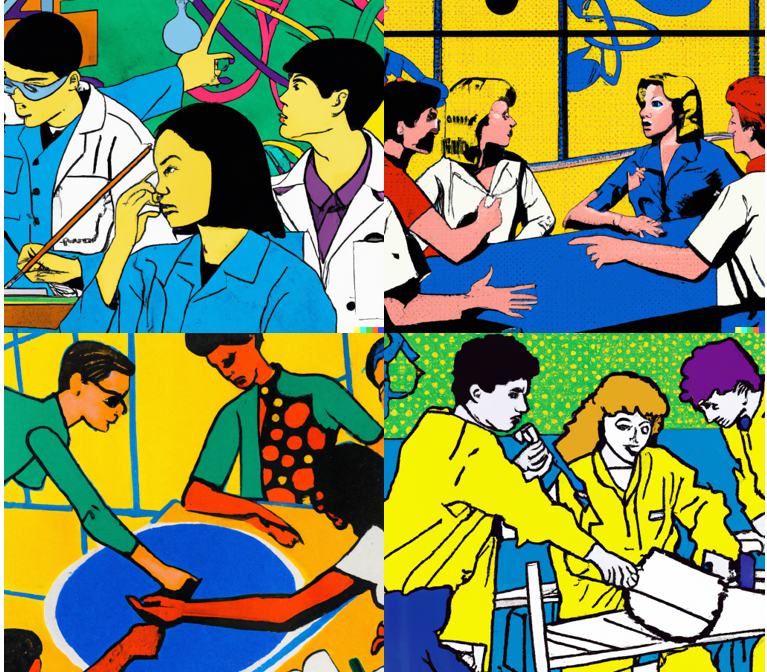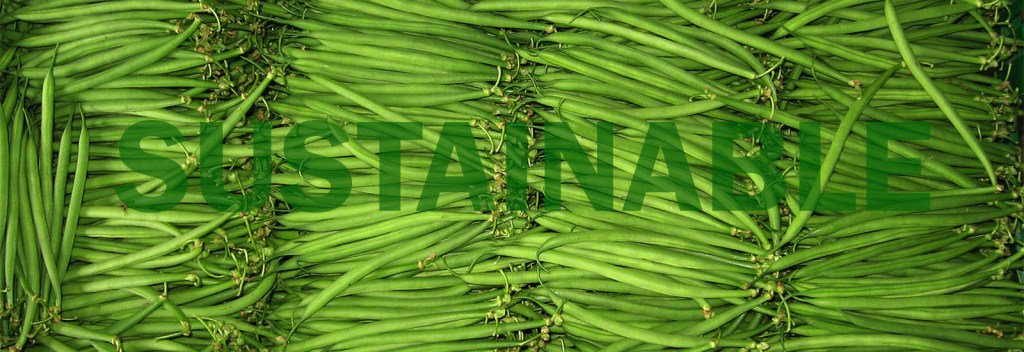
The SocArXiv steering committee joins the preprint services arXiv and ioRxiv/medRxiv in their recent statements in support of the U.S. Office of Science and Technology Policy (OSTP) memo that directs the federal government to make outputs from government-funded research publicly accessible without charge or embargo. We endorse these statements, and reproduce them below.
arXiv OSTP memorandum response
April 11, 2023
The recent Office of Science and Technology Policy “Nelson Memorandum” on “Ensuring Free, Immediate, and Equitable Access to Federally Funded Research”1 is a welcome affirmation of the public right to access government funded research results, including publication of articles describing the research, and the data behind the research. The policy is likely to increase access to new and ongoing research, enable equitable access to the outcome of publicly funded research efforts, and enable and accelerate more research. Improved immediate access to research results may provide significant general social and economic benefits to the public.
Funding Agencies can expedite public access to research results through the distribution of electronic preprints of results in open repositories, in particular existing preprint distribution servers such as arXiv,2 bioRxiv,3 and medRxiv.4 Distribution of preprints of research results enables rapid and free accessibility of the findings worldwide, circumventing publication delays of months, or, in some cases, years. Rapid circulation of research results expedites scientific discourse, shortens the cycle of discovery and accelerates the pace of discovery.5
Distribution of research findings by preprints, combined with curation of the archive of submissions, provides universal access for both authors and readers in perpetuity. Authors can provide updated versions of the research, including “as accepted,” with the repositories openly tracking the progress of the revision of results through the scientific process. Public access to the corpus of machine readable research manuscripts provides innovative channels for discovery and additional knowledge generation, including links to the data behind the research, open software tools, and supplemental information provided by authors.
Preprint repositories support a growing and innovative ecosystem for discovery and evaluation of research results, including tools for improved accessibility and research summaries. Experiments in open review and crowdsourced commenting can be layered over preprint repositories, providing constructive feedback and alternative models to the increasingly archaic process of anonymous peer review.
Distribution of research results by preprints provides a well tested path for immediate, free, and equitable access to research results. Preprint archives can support and sustain an open and innovative ecosystem of tools for research discovery and verification, providing a long term and sustainable approach for open access to publicly funded research.
1White House OSTP Public Access Memo
5NIH Preprint Pilot, “The Pace of Artificial Intelligence Innovations: Speed, Talent, and Trial-and-Error”
bioRxiv and medRxiv response to the OSTP memo – an open letter to US funding agencies
2023-04-11
The preprint servers bioRxiv and medRxiv welcome the recent Office of Science and Technology Policy (OSTP) memo advising US government agencies to make publications and data from research funded by US taxpayers publicly accessible immediately, without embargo or cost. This new policy will stimulate research, increase equitability, and generate health, environmental and social benefits not only in the US but all around the world.
Agencies can enable free public access to research results simply by mandating that reports of federally funded research are made available as “preprints” on servers such as arXiv, bioRxiv, medRxiv, and chemRxiv, before being submitted for journal publication. This will ensure that the findings are freely accessible to anyone anywhere in the world. An important additional benefit is the immediate availability of the information, avoiding the long delays associated with evaluation by traditional scientific journals (typically around one year). Scientific inquiry then progresses faster, as has been particularly evident for COVID research during the pandemic.
Prior access mandates in the US and elsewhere have focused on articles published by academic journals. This complicated the issue by making it a question of how to adapt journal revenue streams and led to the emergence of new models based on article-processing charges (APCs). But APCs simply move the access barrier to authors: they are a significant financial obstacle for researchers in fields and communities that lack the funding to pay them. A preprint mandate would achieve universal access for both authors and readers upstream, ensuring the focus remains on providing access to research findings, rather than on how they are selected and filtered.
Mandating public access to preprints rather than articles in academic journals would also future-proof agencies’ access policies. The distinction between peer-reviewed and non-peer-reviewed material is blurring as new approaches make peer review an ongoing process rather than a judgment made at a single point in time. Peer review can be conducted independently of journals through initiatives like Review Commons. And traditional journal-based peer review is changing: for example, eLife, supported by several large funders, peer reviews submitted papers but no longer distinguishes accepted from rejected articles. The author’s “accepted” manuscript that is the focus of so-called Green Open Access policies may therefore no longer exist. Because of such ongoing change, mandating the free availability of preprints would be a straightforward and strategically astute policy for US funding agencies.
A preprint mandate would underscore the fundamental, often overlooked, point that it is the results of research to which the public should have access. The evaluation of that research by journals is part of an ongoing process of assessment that can take place after the results have been made openly available. Preprint mandates from the funders of research would also widen the possibilities for evolution within the system and avoid channeling it towards expensive APC-based publishing models. Furthermore, since articles on preprint servers can be accompanied by supplementary data deposits on the servers themselves or linked to data deposited elsewhere, preprint mandates would also provide mechanisms to accomplish the other important OSTP goal: availability of research data.
Richard Sever and John Inglis
Co-Founders, bioRxiv and medRxiv
Cold Spring Harbor Laboratory, New York, NY11724
Harlan Krumholz and Joseph Ross
Co-founders, medRxiv
Yale University, New Haven, CT06520










